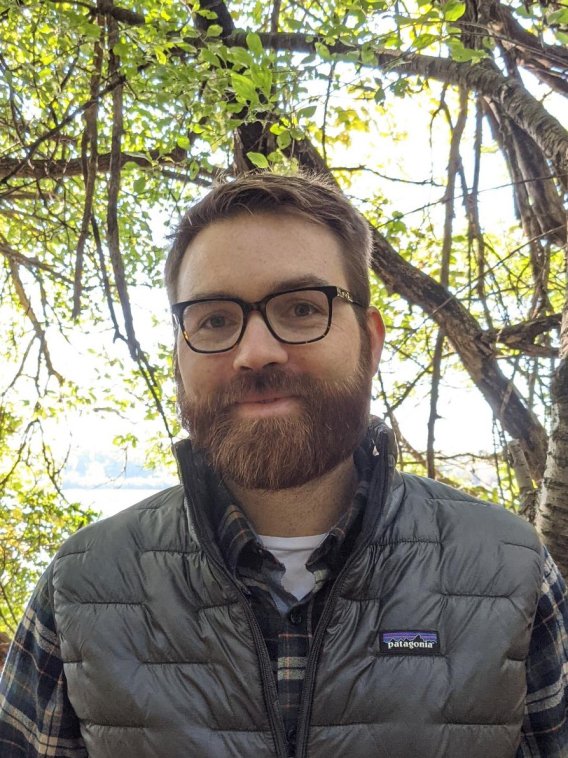3D Transport Parameterization of Solutes and Bacteria in Geologic Porous Media Using Positron Emission Tomography Data, Deep Learning, and Numerical Methods - Christopher Zahasky, UW-Madison
Christopher Zahasky, Assistant Professor in the Department of Geoscience at the University of Wisconsin-Madison
Abstract: Quantification and prediction of aqueous and bacterial contaminants in groundwater requires a fundamental understanding of multiscale permeability, and mechanisms of bacteria transport and attachment in geological materials. In this seminar, I’ll first discuss the use of positron emission tomography (PET) for the measurement of in situ transport processes in geologic systems, including both tracers and colloidal bacteria. Using these datasets, combined with numerical models, we construct a convolutional neural network (CNN) for rapid 3D sub-core permeability inversion of geologic cores samples. I’ll then discuss a second study using these experimental methods to quantify sub-core transport and attachment of E.coli bacteria. Our results illustrate that bacteria attachment is not uniform but can be described by statistical distributions of attachment coefficients that are dependent on system conditions. These experimental methods, combined with deep learning and numerical workflows, provides a robust approach to better understand bacterial transport mechanisms, improve model parameterization, and accurately predict how local geologic conditions can influence the fate and transport bacteria and other contaminants in groundwater.

About: Dr. Christopher Zahasky is an assistant professor at the University of Wisconsin-Madison in the Department of Geoscience. Prior to coming to the University of Wisconsin-Madison, he was a postdoctoral scholar at Imperial College London and Stanford University. He completed his PhD and MSc degrees in Energy Resources Engineering at Stanford University. He completed his Bachelor of Science degree in Geology at the University of Minnesota. His research interests are focused on understanding the fundamental physics and mechanisms of fluid, colloid, and solute transport in geologic systems across length and time scales using experimental observations validated and generalized with analytical and numerical models.
